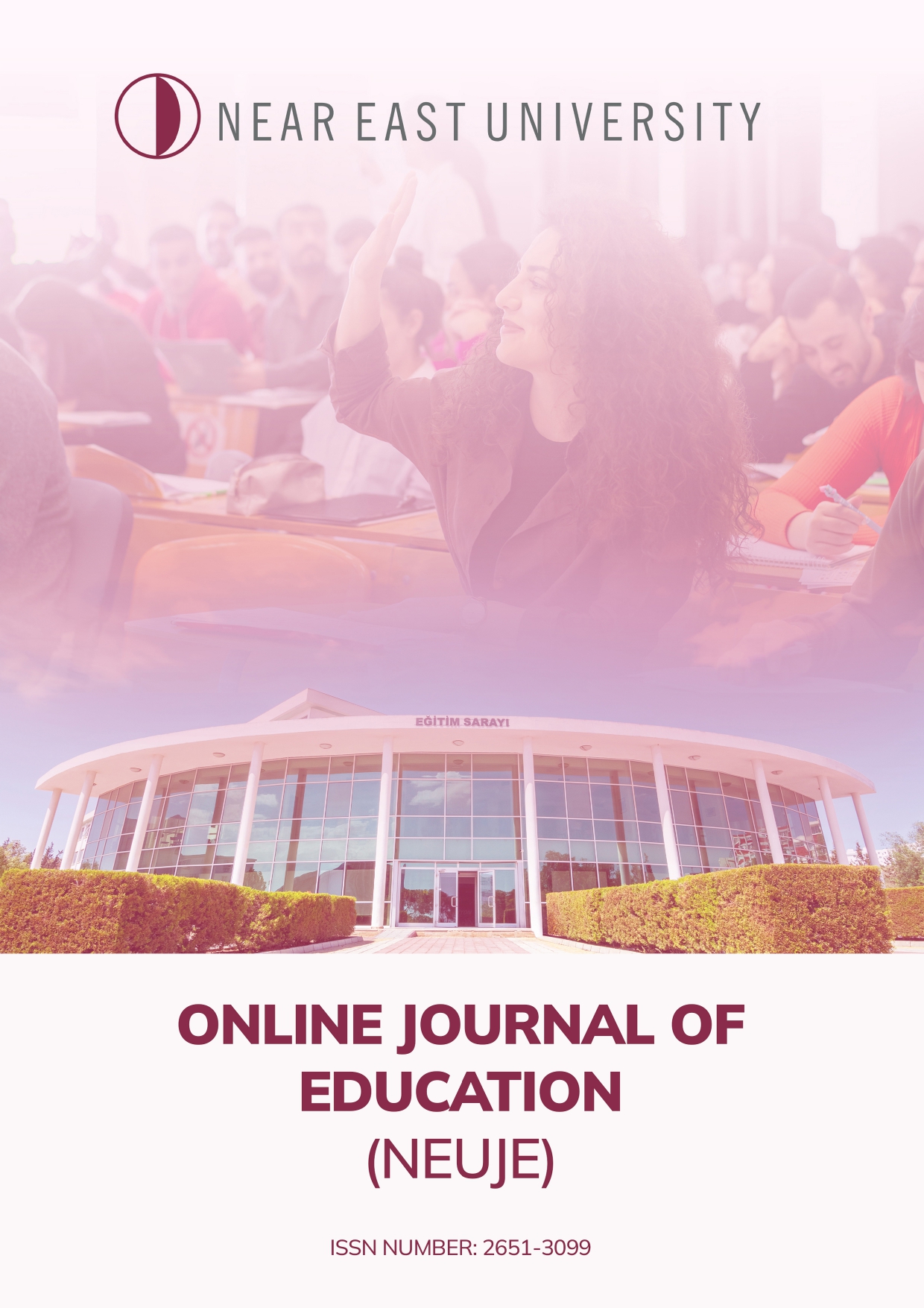The Impact of Training and Development on Teachers’ Performance
DOI:
https://doi.org/10.32955/neuje.v5i2.633Keywords:
training, development, teachers, secondary school, school in performanceAbstract
The purpose of this study was to investigate the impact of training and development on teachers' performance. A qualitative approach was employed to explore this research thoroughly, employing semi-structured interview questions as the data collection tool. The participants of this study included two administrators, two principals, and 16 teachers, bringing the total number of participants to twenty, with the instructors predominantly from Nigerian secondary schools. These respondents were picked up randomly from the two schools that consented to participate in the study, a public and a private school. The participants' views were collected through Zoom, Google Meet, and a video call from WhatsApp. The data demonstrated specific benefits of regular teacher training. Moreover, it revealed how training and development had favorably benefited teachers' profession in the education sector. Finally, the respondents expressed their thoughts on how to increase teacher training and development to boost the quality of teaching.
References
Aull Davies, C. (1999). Reflexive Ethnography A Guide to Researching Selves and Others. London, New York: Routledge.
Blazar, D., & Kraft, M. A. (2017). Teacher and teaching effects on students’ attitudes and behaviors. Educational evaluation and policy analysis, 39(1), 146-170.
Bonney, E. A., Amoah, D. F., Micah, S. A., Ahiamenyo, C., & Lemaire, M. B. (2015). The Relationship between the Quality of Teachers and Pupils Academic Performance in the STMA Junior High Schools of the Western Region of Ghana. Journal of Education and practice, 6(24), 139-150.
Dewantara, I. P. M. (2017). Stake evaluation model (countenance model) in learning process bahasa Indonesia at Ganesha University of Educational. International Journal of Language and Literature, 1(1), 19-29.
Gyurko, J., MacCormack, P., Bless, M., & Jodl, J. (2016). Why colleges and universities need to invest in quality teaching more than ever. Report of the association of college and university educators.
Hayashi, Jr, P., Abib, G., & Hoppen, N. (2019). Validity in qualitative research: A processual approach. The Qualitative Report, 24(1), 98-112.
International Labour Office. (2020). Global employment trends for youth 2020: Technology and the future of jobs. International labour office.
Klionsky, D. J., Abdelmohsen, K., Abe, A., Abedin, M. J., Abeliovich, H., Adachi, H., & Bertolotti, A. (2016). Guidelines for the use and interpretation of assays for monitoring autophagy, Autophagy.
Köprülü, F., & Öznacar, B. (2017). The views of lecturers, students and administrators on the impact of organization in foreign language education to academic achievement. Eurasia Journal of Mathematics, Science and Technology Education, 13(12), 7865-7874.
Lamas, H. (2016). School Performance Review. Journal of Educational Psychology, 3(October), 35.
Linabary, R. J. ve Hamel, A. S. (2017). “Feminist online interviewing: ongoing issues of power, resistance and reflexivity in practice.” Feminist Review No:115, ss. 97-113.
Matter, T. (2016). Attracting, Developing and Retaining Effective Teachers. 2005. Teachers Matter: Attracting, Developing and Retaining Effective Teachers. https://doi. org/10.1787/9789638739940-hu.
Mupa, P., & Isaac Chinooneka, T. (2019). Factors contributing to ineffective teaching and learning in primary schools: Why are schools in decadence.
Osamwonyi, E. F. (2016). In-Service Education of Teachers: Overview, Problems and the Way Forward. Journal of Education and Practice, 7(26), 83-87.
Parry, I. (2019). Putting a price on pollution. Finance & Development, 56(4), 16-19.
Queensland, T. A. F. E. (2020). Funded training: Covid-19 support.
Schleicher, A. (2018). The future of education and skills Education 2030. The future we want.
Somasundaram, U. V., & Egan, T. M. (2004). Training and Development: An Examination of Definitions and Dependent Variables. Online Submission.
Tibaquirá, D. (2020). Factors that Influence the Perception of Higher Education Leaders in the Adoption Process of Instructional Technology and Distance Education (Doctoral dissertation), Nova Southeastern University.
United Nation (2021). Technology and innovation report 2021. In United Nations Conference on Trade and Development. United Nations Geneva.
Vance, R. J. (2006). Employee engagement and commitment. SHRM foundation, 1, 53.
Published
How to Cite
Issue
Section
License
Authors who publish with this journal agree to the following terms:





